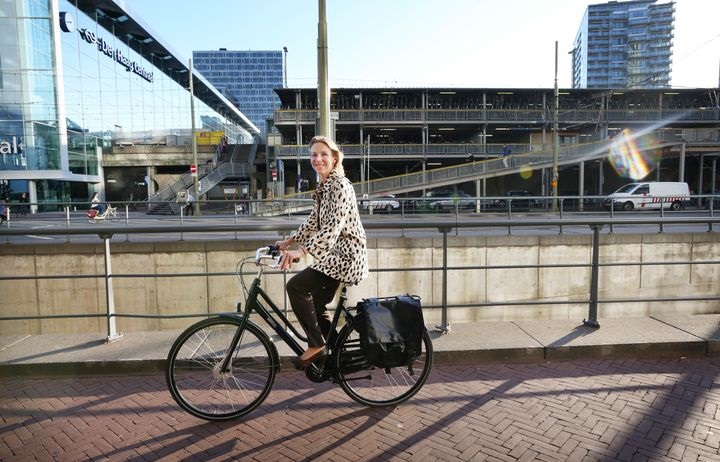Commuting to work can be a significant expense for many people, especially those who live in or near major cities where transportation costs can be high. The cost of daily commuting has increased in both the UK and the US in recent years due to higher oil prices and inflation.

In the UK, the cost of commuting has increased by an average of 33% over the last five years. According to a study conducted by the Trades Union Congress, the average cost of commuting by rail has increased by 27%, while the cost of driving has increased by 33%. These increases are largely due to rising fuel costs and inflation.
In the US, the cost of commuting has also increased due to rising oil prices and inflation. According to a report by the American Public Transportation Association, the cost of commuting by public transit has increased by an average of 3.6% per year over the last five years. Additionally, the cost of driving has increased due to rising fuel prices and maintenance costs.
Similarly, in Australia, the cost of daily commuting has also increased over the past few years due to various factors, including higher oil prices and inflation. The exact increase in cost will vary depending on the location, mode of transportation, and other factors.
According to a report by the Australian Automobile Association, the average cost of running a car in Australia increased by 1.9% in the year 2020 due to the rising cost of fuel, insurance, and maintenance. The report also stated that the average Australian household spent around $17,464 on transport expenses in the 2019-2020 financial year.
In terms of public transportation, the cost of commuting varies depending on the city and mode of transportation. For example, in Sydney, the cost of a single trip on the Opal public transportation system ranges from $3.15 to $8.05, depending on the distance traveled and mode of transportation used. In Melbourne, the cost of a single trip on the Myki public transportation system ranges from $4.50 to $9.00, again depending on the distance and mode of transportation used.
Overall, the cost of daily commuting in Australia has increased in recent years, with factors such as higher oil prices and inflation playing a role.
However, there are many ways to save money on your commute and reduce the financial burden. In this article, we will explore some of the most effective strategies for saving money on your daily commute.

Consider public transportation: One of the most effective ways to save money on your commute is to use public transportation. Taking the bus or train can be significantly cheaper than driving your own car, and many cities offer discounted monthly passes to regular commuters. Additionally, many companies offer pre-tax commuter benefits that can help offset the cost of public transportation.
Carpool: If public transportation is not an option for you, consider carpooling with coworkers or friends who live in your area. Carpooling not only saves you money on gas and tolls, but it can also reduce wear and tear on your car and help reduce traffic congestion.
Use a bike or walk: If you live close enough to your workplace, consider biking or walking instead of driving. This can not only save you money on transportation costs but can also help you stay fit and healthy.
Plan your route: Plan your commute route to avoid toll roads and heavy traffic. This can save you money on tolls and reduce the amount of gas you need to use. Additionally, consider using a navigation app to find the fastest and most efficient route to your workplace.
Consider alternative work arrangements: If your job allows for it, consider working from home a few days a week or negotiating a flexible work schedule that allows you to avoid rush hour traffic. This can significantly reduce your commuting costs and save you time and stress.
Maintain your vehicle: If you do drive to work, make sure your car is well-maintained to ensure that it is running as efficiently as possible. Regular maintenance, such as oil changes and tire rotations, can help reduce fuel consumption and save you money on repairs in the long run.
Shop around for gas prices: Before filling up your tank, shop around for the best gas prices in your area. Many websites and apps can help you find the cheapest gas prices near you, which can add up to significant savings over time.

In conclusion, there are many effective strategies for saving money on your daily commute. Whether you choose to use public transportation, carpool, bike or walk, plan your route, work from home, maintain your vehicle or shop around for gas prices, there are plenty of ways to reduce your commuting costs and save money in the long run. By implementing these strategies, you can enjoy a more affordable and stress-free commute to work every day.